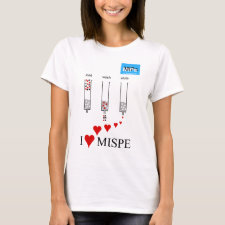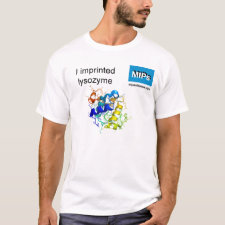
Authors: Chou TC, Rick J, Weng YC
Publication date: 2007
Article title: Nanocavity protein biosensor - Fabricated by molecular imprinting.
Page numbers: 16-20
DOI: 10.1109/NANO.2007.4601131
Publisher: IEEE
ISBN: 978-1-4244-0607-4
Conference information: Proceedings of the 7th IEEE International Conference on Nanotechnology
Abstract: A 'nanocavity' protein biosensor fabricated using the molecular imprinting technique has been developed. We employed microcontact printing to form molecular imprints in a polymer thin-film to act as 'artificial antibodies' for protein recognition. Proteins considered to be important biomarkers in clinical diagnosis were chosen as our templates, namely: C-reactive protein, ribonuclease, lysozyme and myoglobin. In order to obtain the best thin-film composition with specific recognition sites, isothermal titration calorimetry was used as an auxiliary tool to examine enthalpy changes among the templates, the functional monomers and the cross-linkers. Nanocavities related to the shape of aggregated template proteins were observed on the imprinted surfaces by using atomic force microscopy (AFM). We found that by optimizing the composition ratio between the lowest affinity cross-linker and the highest affinity functional monomer highly selective recognition sites for a variety of template proteins were able to be formed. ® 2007 IEEE
Template and target information: protein, C-reactive protein, ribonuclease, lysozyme, myoglobin
Author keywords: biosensor, molecular imprinting, Nanocavity



Join the Society for Molecular Imprinting

New items RSS feed
Sign-up for e-mail updates:
Choose between receiving an occasional newsletter or more frequent e-mail alerts.
Click here to go to the sign-up page.
Is your name elemental or peptidic? Enter your name and find out by clicking either of the buttons below!
Other products you may like:
 MIPdatabase
MIPdatabase









